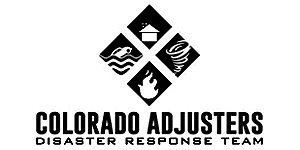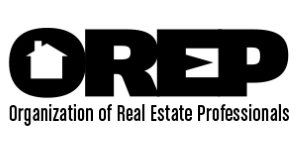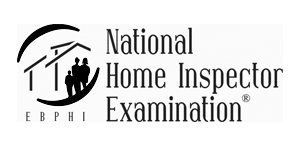While the Federal Housing Administration's overhaul of its Single-Family Housing Policy Handbook last year offered loan originators more clarity on lending policies and loan underwriting standards, some changes made to the property valuation policies are causing confusion and delays, according to speakers at a real property valuation forum at the 2016 REALTORS Legislative Meetings & Trade Expo this week.
All properties bought or refinanced with an FHA loan have to be appraised by a HUD-approved home appraiser. When purchasing a property with a conventional loan product, the appraiser focuses on determining the market value of the home; however, with an FHA-insured loan, the appraiser not only determines market value but also inspects the home to ensure it meets certain minimum property standards. Requiring appraisers to take on home inspection-type duties to ensure standards are met appears to blur the line between appraisals and home inspections and has raised questions among consumers, agents and appraisers.
"FHA appraisal guidelines are stricter; the standards set the benchmark for appraisals in the industry," said Gary Eisenbraun, appraisal/technical support branch chief of the Federal Housing Administration. "The guidelines are strict though to protect consumers and safeguard FHA's mortgage insurance fund and taxpayer dollars."
Martin Wagar of Wagar & Associates Inc., of Kalamazoo, Michigan outlined several recent changes to the handbook, but said that many were, in fact, not changes to what appraisers are being asked to do – the handbook simply uses more definitive language to describe what steps appraisers "must" do as part of the process. Those steps include operating all conveyed appliances and observing their performance; fully accessing attics and crawl spaces, if possible; reporting if roof coverings are in good condition; noting if any sump pump is properly functioning; and verifying that any pool is operational and does not pose any hazards.
"The appraiser's job is to observe, analyze and report to the underwriter that the property meets HUD's minimum property requirements," said Wagar. "The danger is that consumers can mistake the role of the appraisal for that of an inspection."
Panelist John Anderson, a Realtor® and appraiser with Twin Oaks Realty Inc., Minneapolis, Minnesota, agreed there is confusion about whether and how appraisals are different from home inspections. "There is growing confusion among consumers about whether they also need a home inspection," he said. "An appraisal makes sure a home meets FHA minimum standard requirements; it is different from a home inspection and does not replace it. Buyers should still get an inspection, and it's often required by the lender."
A low home appraisal can kill the sale of a home, so when it comes to minimizing problems, the panelists agreed that good communication is critical. David Schiffmayer, vice president for Wells Fargo National Underwriting and Production Risk Management, told attendees that despite some early challenges, there is no shortage of appraisers willing to take on FHA-insured home appraisal; however, many in the audience seemed to disagree.
"There have been a lot of questions because of the recent changes, but those have died down significantly," said Schiffmayer. "I recommend agents work closely and be responsive to appraisers; it's important to communicate with the appraiser, answer questions and provide any additional requested property information."
Buyers, sellers and Realtors are free to ask appraisers or lenders to consider additional property information, documentation and comparisons. They may discuss the unique conditions of a home and its neighborhood with appraisers. Once an appraisal has been completed, any communications about errors or offers of additional information must be with the client who ordered the appraisal, generally the lender.
Anderson said that concerns over FHA appraisals could hinder borrowers' ability to compete in today's housing market. "The consumer is the one who is getting hurt because of delays or not getting their offer accepted," he said. "We are in a market where homes are getting multiple offers, and if sellers are hearing there are problems with FHA appraisals they may not be willing to work with buyers using FHA-insured loans."
According to NAR's most recent Realtor® Confidence Index, when reporting about their last contract that went into settlement or was terminated over the period January–March 2016, 27 percent had delayed settlement, and seven percent were terminated; of the 27 percent delayed, 18 percent were because of appraisal issues, and of the 7 percent terminated, 5 percent were the result of appraisal problems.
To help ensure the FHA home buying process functions smoothly and without delay, in March 2016, NAR President Tom Salomone sent a letter to the Department of Housing and Urban Development concerning FHA's handbook. NAR asked the agency to reconsider some of the language, especially that which requires appraisers take on additional home inspection-type duties that were not previously mandatory.
Source: www.builderonline.com







